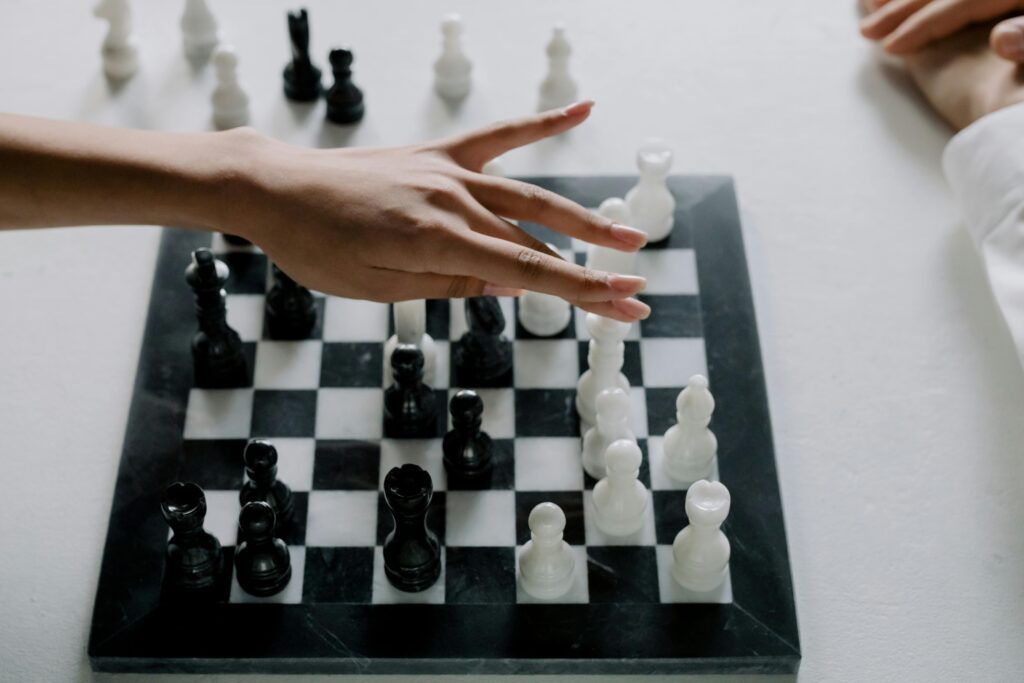If you’re a parent in Milngavie or anywhere in Glasgow looking for the best chess training for your child, you’ve come to the right place. Picking the right chess academy is a big decision. It’s not just about learning how the pieces move. It’s about helping your child grow smarter, more focused, and more confident—on the board and in life.
Online Chess Training
Landscape of Chess Training in Milngavie and Why Online Chess Training is the Right Choice
Milngavie is a charming town with a peaceful vibe. It’s a place where parents care deeply about giving their kids the best start in life. But when it comes to chess coaching, the choices in town are a bit limited. There might be a few clubs and weekend classes here and there, but they don’t always offer the kind of structured learning that helps a child grow over time.
Many local coaches are great players, but that doesn’t always mean they are great teachers. Often, chess classes in person are just a bunch of kids moving pieces around. There’s no set curriculum, no personal coaching plan, and no tracking of progress. And that’s a big problem.
Online chess training solves all of this. It’s not just about convenience—it’s about quality.
Online classes bring expert coaches from around the world right to your living room. That means your child doesn’t have to settle for the teacher down the street. They can learn from a FIDE-certified coach from another country without even leaving home. That’s powerful.
The best part? Online training is focused, personalized, and organized. Everything is planned. Lessons build on each other. Homework is given and reviewed. Progress is tracked. Parents get updates. Kids stay excited.
In Milngavie, many families are already realizing this and choosing online coaching over traditional classes. Because in today’s world, smart learning happens online.
How Global School of Chess is The Best Choice When It Comes to Chess Training in Milngavie
Now let’s talk about what makes the Global School of Chess stand out—not just in Milngavie, but around the world.
Global School of Chess is not your average chess academy. It is a full online school where chess is taught like a real subject, with a full learning path for each student. Whether your child is just starting or already winning tournaments, they get a personal roadmap.
The coaches at Global School of Chess are all FIDE-certified. That means they are not just great players; they are trained to teach. They know how to make kids feel comfortable. They know how to explain even the most tricky chess ideas in simple ways. And they know how to motivate.
Every student gets live, face-to-face sessions online. These are not just video lessons or apps. These are real-time classes with a real teacher talking directly to your child. They answer questions. They correct mistakes. They cheer your child on when they do well.
The academy also holds bi-weekly online tournaments. These events help kids get real-game practice in a safe and friendly space. And because the tournaments are online, students from all over the world join in. This gives your child the chance to play kids from different countries, learn new styles, and build confidence fast.
What makes Global School of Chess really special is how they focus on life skills, not just chess. Kids learn how to think before they act. They learn how to stay calm under pressure. They learn how to bounce back after losing. These are skills that go far beyond the chessboard.
And the best part? Anyone can try it for free.
Yes, Global School of Chess offers a free trial class. This is a full class, not a short preview. Your child can join, meet the coach, play some chess, and see what it’s like. You can sign up here: Take a Free Trial Class
So if you’re a parent in Milngavie and want your child to learn chess the right way—step by step, with love and structure—then Global School of Chess is the best choice out there.
Offline Chess Training
Offline chess training is the traditional way most of us grew up learning—sitting in a room, face to face with a coach or with other students. There’s a board on the table. The coach stands in front, maybe using a whiteboard. The class begins. It seems simple and familiar.
In towns like Milngavie, this kind of learning often happens in schools, local community centers, or small chess clubs. Some kids might meet a coach once a week. Others might attend a club where everyone plays at the same time, without much personal help.
At first, this feels cozy and personal. You see other kids. You meet in person. But the truth is, a lot of problems hide under the surface.
The biggest issue with offline chess training is that it’s rarely structured. Coaches often don’t follow a proper curriculum. Lessons are based on what the coach feels like teaching that day. One class might be about openings, the next one about puzzles, but there’s no clear path.
So even if your child is enjoying it, they may not be growing steadily.
Also, not all kids learn the same way. Some need extra time. Others need a push. In a group setting, it’s hard for a coach to give individual attention. Your child might be ahead but held back, or behind and lost. Either way, they’re not getting what they need.
In-person training also means travel. Busy parents need to drive to and from class. If it’s raining or snowing (very likely in Scotland!), it’s another reason to skip. Missed classes become a habit. Progress slows down.
Finally, many offline coaches, while excellent players, aren’t trained teachers. They might explain things in complicated ways or move too fast. This leaves many kids confused or bored. And when a child gets bored, they stop playing.
Chess is not just a game. It’s a skill, like music or math. And skills need proper teaching, structure, and patience.
That’s why more and more parents in Milngavie are moving toward a better way—online chess coaching with top-tier platforms like Global School of Chess.
Drawbacks of Offline Chess Training
Offline chess training, while still popular in many places, has some big challenges—especially when compared to modern online learning. These challenges often slow down a child’s growth, even if the intention behind offline learning is good.
First, the biggest drawback is lack of structure. Most offline chess coaches don’t follow a fixed curriculum. One week they might teach how to checkmate with two rooks. The next week, it might be about openings, and then tactics after that.
It’s all over the place. There’s no clear beginning, middle, or end. Your child may feel like they’re learning, but they’re not actually moving forward step by step.
Second, there’s no real progress tracking. Parents usually don’t know how their child is doing. There are no regular updates, no personal reports, and often, no real feedback. You hope the class is helping, but you’re not sure. And your child might say “It was fun,” but that doesn’t mean they’re improving.
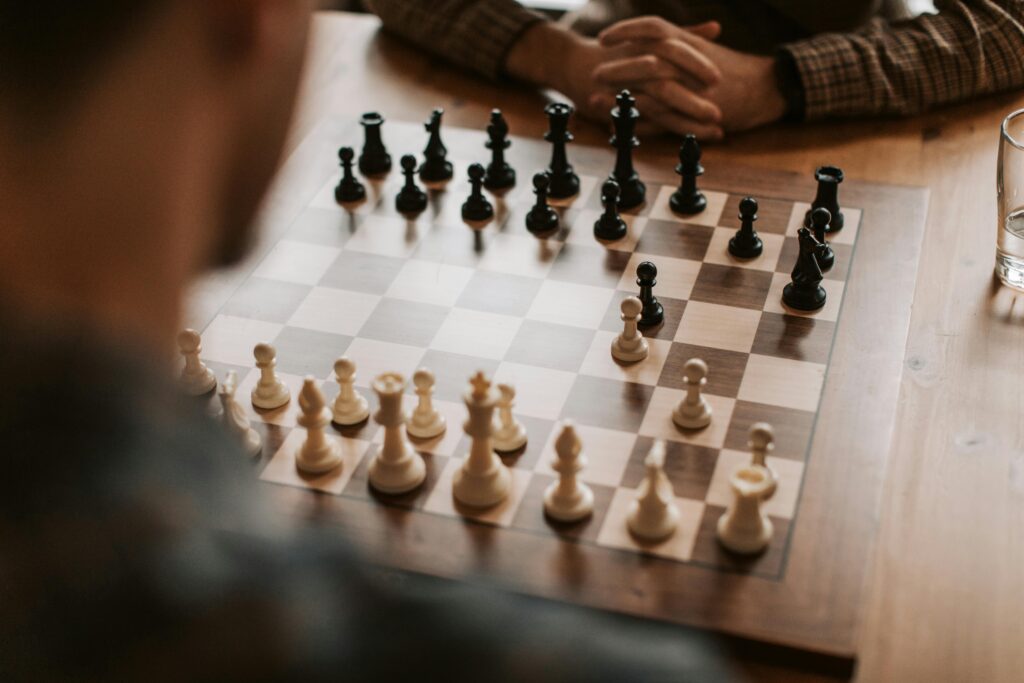
Third, the learning is one-size-fits-all. In group settings, everyone gets the same lesson, no matter their level. This means a child who is ahead can’t move faster, and a child who’s behind gets left behind. The smart kids get bored. The others feel lost. Neither grows at their best speed.
There’s also the issue of coach quality. While there are some great coaches out there, many don’t have professional training in how to teach kids. They might be strong players, but that doesn’t mean they can explain ideas clearly. They may talk too fast, use complex words, or forget that kids need time to understand.
Then comes travel and time. Offline lessons mean you have to drive or walk to a center. That takes time. And if you’re busy or it’s bad weather, your child may miss class. Missed classes mean missed lessons. Missed lessons mean slower growth.
Another challenge is that kids today are tech-savvy. They’re used to learning on screens. Games, apps, YouTube—they know how to use it all. Sitting still in a room with a board in front of them doesn’t feel exciting. Online classes feel more alive. There’s chat, visuals, screen sharing, and interactive boards that make learning fun.
Lastly, most offline training happens in small, local circles. Kids don’t get exposed to international styles of play. They don’t play against students from other cities or countries. That limits their learning and confidence.
All of these issues build up. And in the long run, they can stop a child from reaching their full potential in chess.
That’s why more and more parents are choosing online chess training—and why Global School of Chess has become the go-to academy for families in Milngavie and beyond.
Best Chess Academies in Milngavie
Global School of Chess
When it comes to chess training in Milngavie, the Global School of Chess stands out as the premier choice. This online academy offers a comprehensive and structured curriculum designed to cater to students of all ages and skill levels.
With FIDE-certified coaches, the academy emphasizes critical thinking, strategic planning, and confidence-building through engaging lessons tailored to individual learning styles.
One of the key advantages of the Global School of Chess is its flexibility. Students can attend live interactive classes from the comfort of their homes, eliminating the need for commuting and allowing for a more personalized learning experience.
The academy also offers private coaching sessions and bi-weekly online tournaments, providing students with ample opportunities to practice and apply their skills in a competitive environment.
Moreover, the Global School of Chess places a strong emphasis on life skills. Through chess, students learn patience, focus, and smart decision-making—skills that are invaluable both on and off the board.
The academy’s commitment to nurturing these qualities sets it apart from traditional chess clubs and makes it an excellent choice for families in Milngavie seeking holistic development for their children.
For those interested in experiencing the academy’s offerings firsthand, the Global School of Chess provides a free trial class. This allows prospective students to engage with the curriculum and interact with coaches before committing to a program.
Bearsden Chess Club
Located in nearby Milngavie, the Bearsden Chess Club is a well-established community club that welcomes players of all ages and skill levels. Founded in 1966, the club meets at Cairns Church Hall and offers both junior and senior sections.
While it provides a friendly environment for casual play and local competitions, the club’s offerings are more traditional and may lack the structured curriculum and personalized coaching found in online academies like the Global School of Chess.
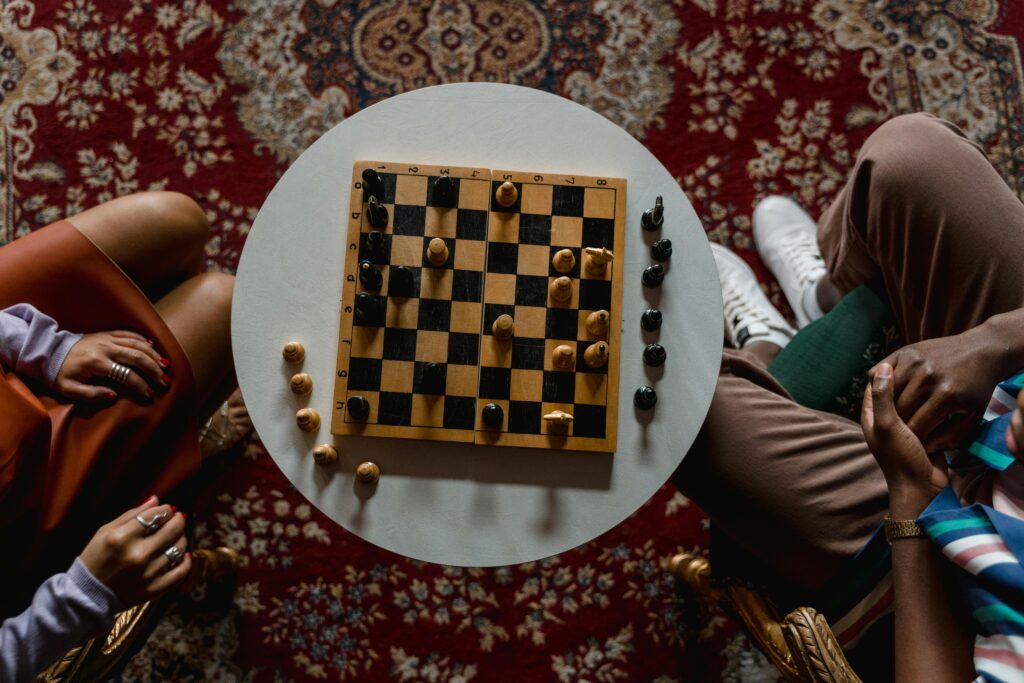
Chess Gaja
Chess Gaja is an online chess academy founded by Grandmaster Priyadharshan Kannappan. The academy offers structured online chess training for individuals of various age groups and skill levels across multiple countries.
While Chess Gaja provides quality instruction, its focus is broader, and it may not offer the same level of personalized attention and community engagement as the Global School of Chess.
Royal Chess Coaching Academy
The Royal Chess Coaching Academy is a professional chess school in the Glasgow area that offers both online and offline training. With over 20 years of experience, the academy provides private one-on-one classes and courses for beginners to advanced players.
While it boasts experienced tutors, the academy’s offerings may not be as accessible or flexible as those of the Global School of Chess, particularly for families seeking a more integrated online learning experience.
Martin Walker Chess Consultancy
Martin Walker, a FIDE Master and chess coach, offers personalized chess instruction through his consultancy. He teaches children and adults at all levels, tailoring lessons to meet individual needs.
While his expertise is notable, the consultancy operates on a smaller scale, and the range of services may not be as comprehensive as those provided by larger academies like the Global School of Chess.
Why Online Chess Training is The Future
Online chess training is not just a trend—it’s a smarter, stronger, and more flexible way for kids to learn chess. It gives every child, no matter where they live, a chance to learn from top coaches, follow a structured plan, and grow at their own pace.
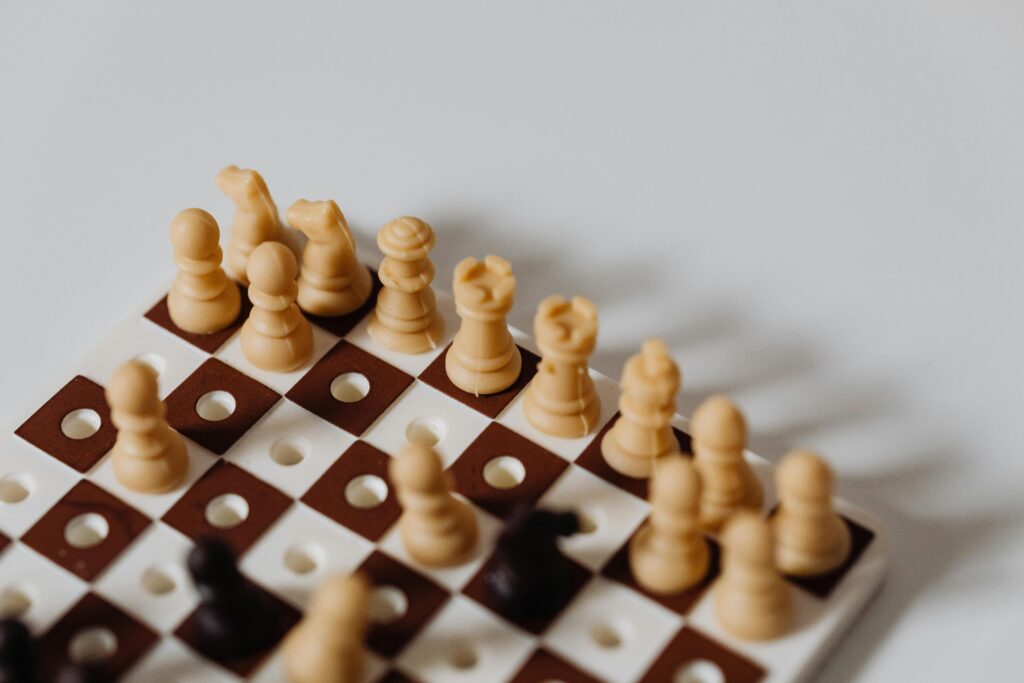
In places like Milngavie, where in-person chess options are few and sometimes outdated, online learning opens a new world of possibility. Kids no longer need to depend on the coach in the next street. Now they can learn from international coaches, join global tournaments, and be part of a real learning system.
Let’s talk about why this shift is happening.
First, online learning is flexible. Your child can learn from home. No more rushing through traffic. No more missed lessons because of weather or travel issues. Just log in, and your coach is there—ready to teach.
Second, online coaching is better planned. Great academies like Global School of Chess don’t just teach random lessons. They have a full curriculum. Each class builds on the last one. This helps your child keep growing without gaps or confusion.
Third, it’s personal. In a live online class, your child talks directly to the coach. They ask questions. They get help right away. They don’t get lost in a big group. It’s focused, and that helps your child get better, faster.
Online classes also use modern tools that make learning easier. The coach can share a screen, show games, solve puzzles together, and use interactive boards. These tools help explain tough ideas in simple ways. Your child understands more in less time.
Also, online training gives more chances to play. At Global School of Chess, kids can join online tournaments every two weeks. They get to test what they’ve learned. And since students come from different countries, your child learns to play against many styles and gets real game experience fast.
And finally, online chess builds global friendships. Kids meet other learners from all over the world. They chat. They play together. They learn how people from other places think and play. This helps them grow as players—and as people.
So yes, online chess training is the future. And it’s already making a big difference today.
How Global School of Chess Leads the Online Chess Training Landscape
In the world of online education, simply offering classes is no longer enough. Families today expect value, structure, results, and a sense of personal care. This is where the Global School of Chess has not just kept pace—but set the pace for everyone else to follow.
The Strategic Secret: Personalization at Scale
One thing that sets Global School of Chess apart is its ability to personalize every child’s journey—while still operating as a global academy. This is a hard balance to strike. Most academies either focus on mass learning (one-size-fits-all) or go ultra-small (with just a few students and limited reach).
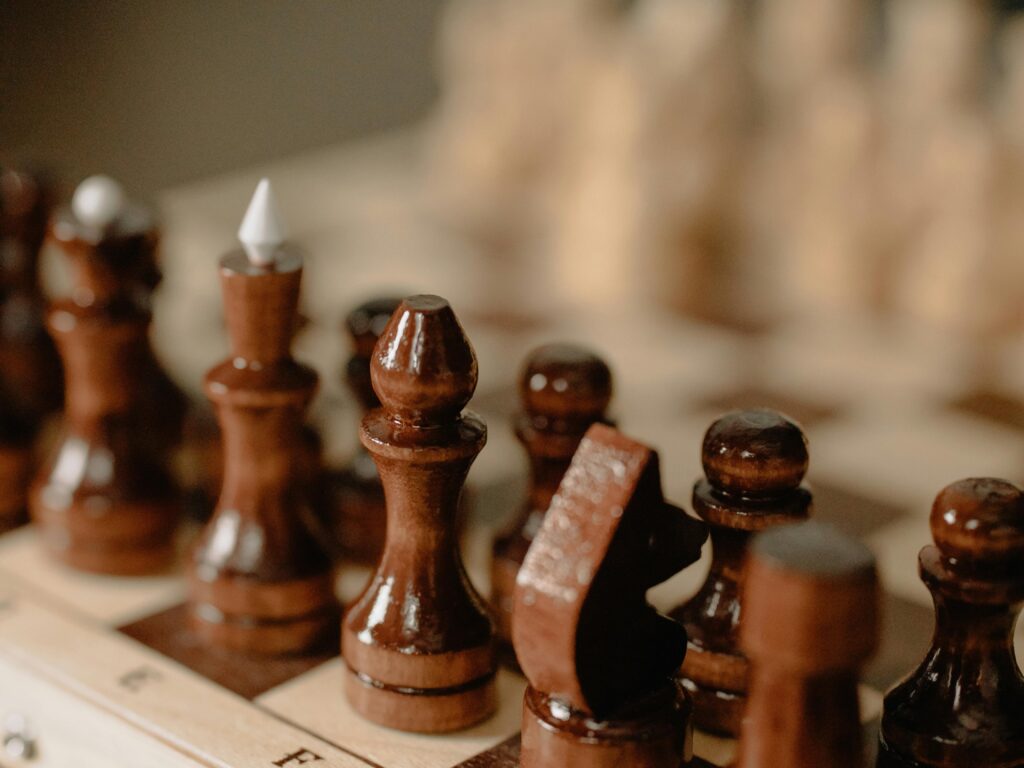
Global School of Chess does both: it teaches hundreds of students across continents, yet every single student has a personal learning roadmap, mentor support, and regular feedback.
This is a business blueprint in education—where scalable systems meet personal human connection. If you’re an educational startup or enrichment brand, this model is worth studying.
Student Dashboards and Smart Progress Tools
Unlike most online chess programs that simply assign a coach, Global School of Chess has built a complete digital learning platform. Students and parents get access to their own progress dashboard, where they can track class attendance, strengths, and even which chess concepts need more practice.
This helps kids take ownership of their growth, and helps parents stay informed without micromanaging.
Here’s something every educational business can learn: “The more you show progress, the more trust you build.” Transparency is the fastest path to retention—and this academy nails it.
Coach-Student Pairing Technology
Another layer of brilliance is the coach-student pairing system. Global School of Chess doesn’t assign students randomly. They match learners with coaches based on learning styles, personalities, and growth goals. This careful pairing boosts connection and speeds up learning.

If you’re in any kind of online training space, here’s an idea: build a “match quality” score system. It changes everything. People don’t want just expertise—they want someone who understands them. That’s the difference between a good teacher and a great mentor.
International Culture, Local Comfort
Global School of Chess operates in over nine countries. Yet, the experience feels local. Students are grouped with peers at similar skill levels. Coaches often tailor examples to the student’s culture or country. This gives the global platform a local feel.
This is how businesses scale across borders—by blending global excellence with cultural care. It’s not about where your office is. It’s about how you make each student feel like they belong.
More Than a Game: Chess as a Leadership Tool
The academy also works with schools, community centers, and parent groups to show how chess builds real-world skills—like emotional control, patience, strategy, and resilience.
If you’re a school administrator or a business that works with kids, this is a big takeaway: chess isn’t just a game—it’s a leadership simulator. By partnering with platforms like Global School of Chess, you bring world-class thinking skills to your students.
Actionable Advice for Families and Education Partners
For parents: Don’t just look at who’s teaching. Ask how they’re teaching. Ask if there’s a plan, a report card, and a way for your child to know, week by week, that they’re growing. Global School of Chess gives you all that—and more.
For schools and learning centers: Partnering with an academy like this can be a game-changer. You bring global chess education into your curriculum without hiring new staff. You get structured programming, progress reports, and community events—all while keeping costs down and quality high.
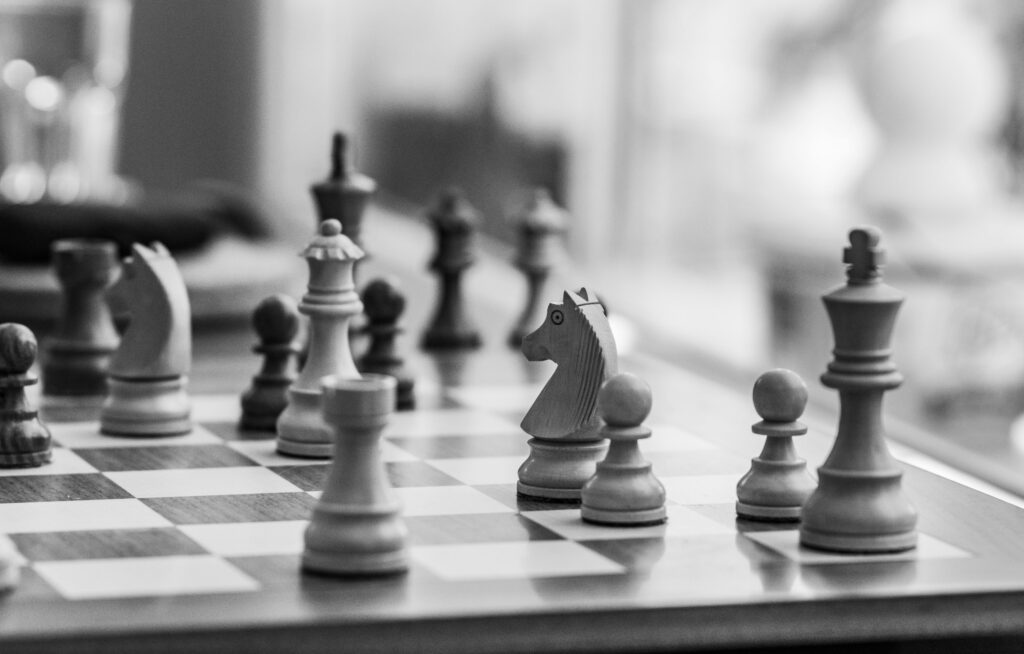
For small academies and tutors: Look at how Global School of Chess builds systems. Use simple tech—like progress sheets, student dashboards, and paired learning groups—to add value beyond live classes.
Wrapping It Up
Choosing the right chess academy isn’t just about learning how to play a game—it’s about setting your child up for a lifetime of smart thinking, confidence, and calm under pressure. In Milngavie, where offline options are limited and often unstructured, parents now have a far better choice with online learning.

